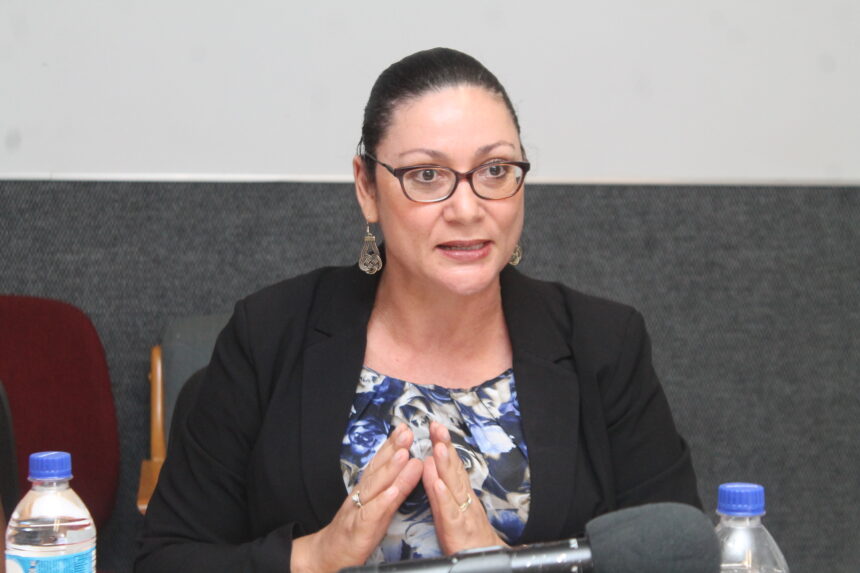Lahja Nashuuta
The government has decided not to introduce Swahili at public schools, an offer that was extended by former Tanzanian president, the late John Pombe Magufuli during a state visit to Namibia.
Back in 2020, Cabinet directed the ministry of education to introduce the language into the Namibian school curriculum.
In an interview with New Era this week, education executive director Sanet Steenkamp confirmed that the two nations could not sign an implementation of the agreement, as the government turned down the offer after rigorous consultations with stakeholders.
“It was confirmed that the plan was not feasible for the country,” she said.
While referring to the resolution of the outcome of the third section for the Namibia-Tanzania Joint Commission of Cooperation meeting’s communiqué, which took place on 10 March 2023, Steenkamp said, “The commission took note of appreciation by the Namibian side for the interest expressed by the Tanzanian side through the proposed deal regarding teaching kids Swahili in Namibia. The Namibian side, however, expresses regrettably that it would not be in the position to pursue this agreement at this time.”
In his motivational speech at the time, Magufuli was quoted arguing the need to localise Swahili to remove communication barriers between business and trade and foster better relationships between the two nations and others.
Swahili is a Bantu language spoken by over 50 million (first- and second-language) speakers in East Africa, including Tanzania and Kenya, where it is a national language, and parts of Somalia, Uganda, Rwanda, Burundi, the Democratic Republic of Congo, and Mozambique.
However, the proposal was received with mixed feelings, with some stakeholders questioning the financial implications involved and relevance when not all local languages even formed part of the curriculum.
Among the criticism was that Swahili is not a priority as the country’s education sector faces a myriad of challenges.
Steenkamp, however, said the decision was that Tanzania would initiate the virtual joint technical team meeting to determine the modalities and action plan on how to teach kids Swahili on a grand scale, and that was supposed to be done by the end of April 2023 but could not happen.
“The reason why we did not sign the memo is because when we studied it, we found it not to be feasible. We also had technical discussions and how possible this could be pursued,” she said.
-lnashuuta@gmail.com


